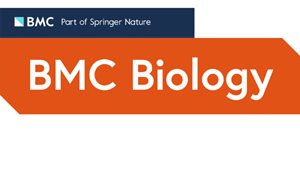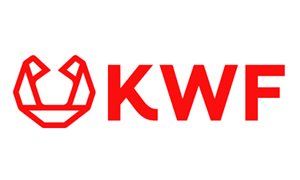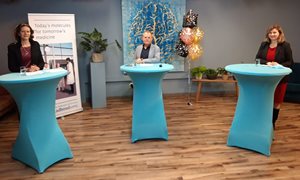
In a paper recently published in Advanced Science by Ying Zhang, “Tunable hybrid matrices drive epithelial morphogenesis and YAP translocation”, Paul Span and Mirjam Zegers, both from the theme Women’s Cancers, together with the Kouwer lab from the Institute for Molecules and Materials (Radboud University) apply synthetic polyisocyanide hydrogels to modulate the surrounding matrix of Madin-Darby Canine Kidney (MDCK) cells, an often applied model for epithelial-mesenchymal transition. Using the polymers to vary the stiffness and particular cell-matrix interactions, while keeping other properties constant, a broad range of morphologies in MDCK cells could be induced; at relatively low physiological matrix stiffness, a large morphological shift from round hollow cysts to 2D monolayers could be induced simply by changing polymer length, without concomitant translocation of the mechanotransduction protein YAP. Only at higher stiffness levels and enhanced cell-matrix interactions, tuned by increasing the density of adhesive peptides on the polymer, the synthetic matrix induced a flattened cell morphology with simultaneous YAP translocation. Thus, synthetic polyisocyanide hydrogels can be used to precisely modulate certain characteristics of matrices in cells cultures in 2D or 3D. Surprisingly, at low stiffness levels, large morphological changes can be induced without YAP involvement.
Related news items

Novel high-resolution targeted sequencing of the cervicovaginal microbiome published in the Journal of BMC Biology
28 December 2021 This project of William Melchers, Karolina Andralojc and Mariano Molina describe a novel sequencing method to profile the cervicovaginal microbiome at the species level and with the potential to elucidate the role of the microbiome in hrHPV-induced carcinogenesis. go to page
RIMLS awards call for nominations
19 October 2021 RIMLS awards several prizes to stimulate and honor our (young) researchers. Upcoming awards are Supervisor of the Year, Best Master Thesis, Best Publication, Best Image and more. Send your nominations now before 24 November 2021. go to page
Miniaturized microfluidic platform for automated epigenetic profiling
6 May 2021 Together with Fluidigm, a US-based company focusing on microfluidics, the team of Hendrik Marks publishes in Genome Research the development of a powerful plug and play ChIP-seq platform for minute amount of cells, such as embryonic specimens or small biopsies. go to page
2.5 million Euros for cancer research into ovarian cancer and immunotherapy
15 April 2021 The Radboudumc receives 2.5 million Euros from the Dutch Cancer Society (KWF) for three studies to ensure oncological progress during COVID-19 period. go to page
Increase radio- and immunotherapy efficacy by targeting hypoxia
21 January 2021 In a paper recently accepted by Clinical Cancer Research, Daan Boreel, together with Paul Span, Sandra Heskamp, Gosse Adema and Jan Bussink, reviews the therapeutic potential of decreasing the lack of oxygen (hypoxia) often found in solid tumors. go to page
RIMLS online award ceremony proudly presenting the winners
13 January 2021In this special webinar of the RIMLS New Year Celebration, scientific director René Bindels reviewed 2020 and looked forward to 2021. But more importantly a number of researchers received prizes in the traditional RIMLS awards ceremony.
go to page